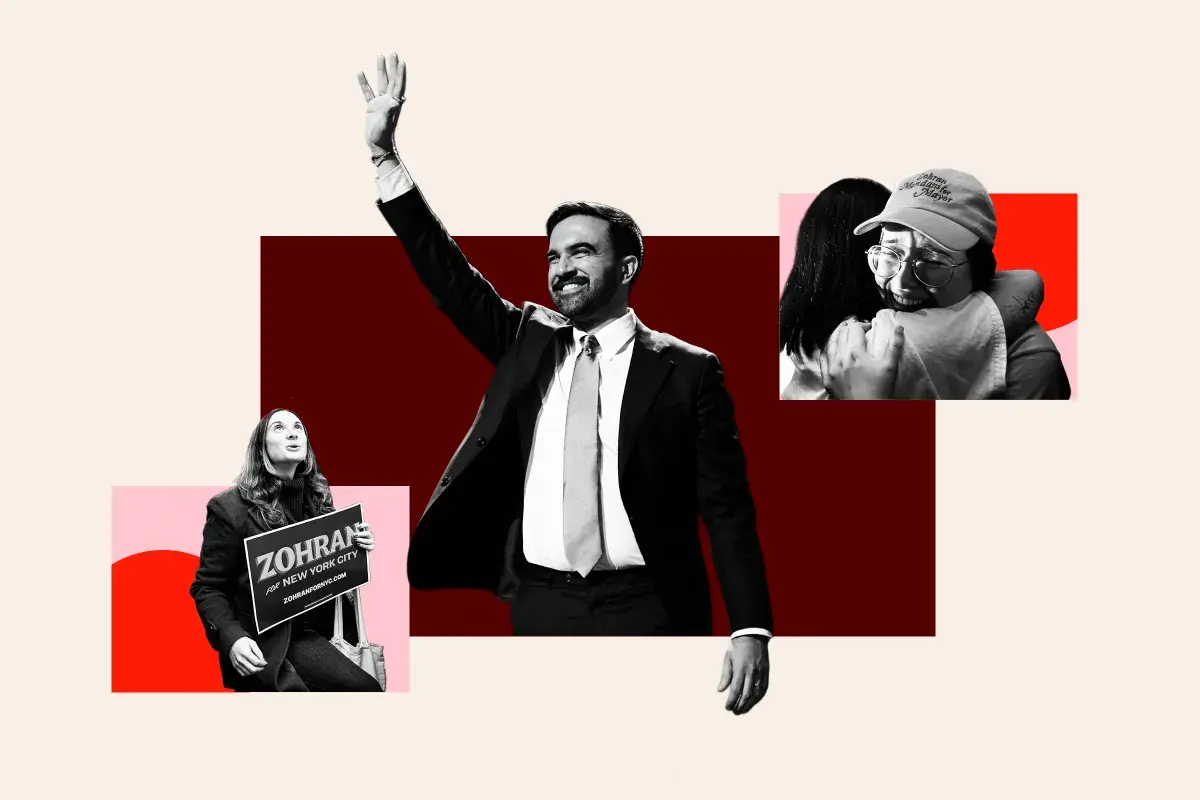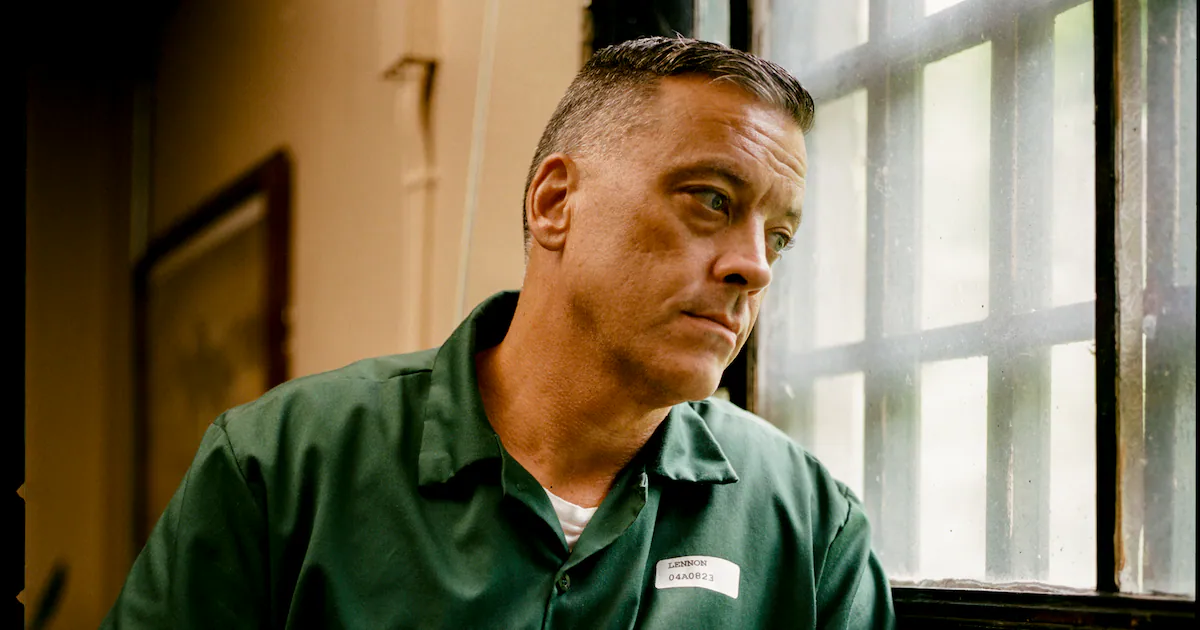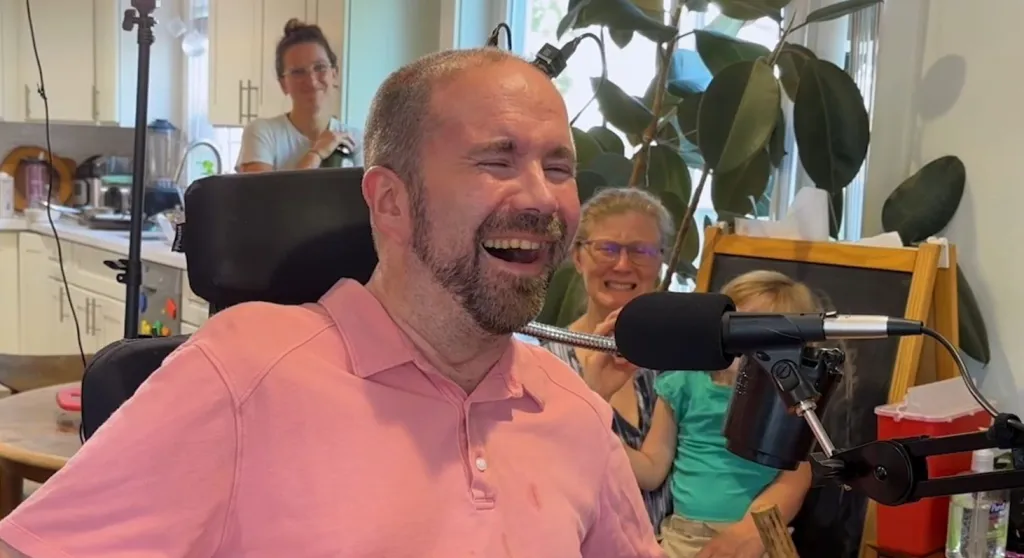Copyright Newsweek

New York City recently elected democratic socialist Zohran Mamdani to be mayor. Is Mamdani's election an outlier or an example of what's to come? Newsweek contributors Mark Davis and David Faris debate: David Faris: Zohran Mamdani’s victory is an important sign about where American politics are headed, although not for the reasons that both his boosters and his critics believe. His victory doesn’t mean that the progressive left is ascendant or that New Yorkers chose “communism.” It’s that voters were frustrated enough with the status quo to roll the dice on a comparative outsider. The substance of Mamdani’s message is therefore less important than the way he appealed directly to long-overlooked voters, masterfully navigated the new media ecosystem and satisfied the hunger for bold solutions to persistent problems that both parties have failed to address. Mark Davis: While it is true that not every Mamdani vote was a thumbs up for his entire radical agenda, it is surely accurate that everyone voting for him was willing to roll the dice on it. To his credit, he packaged a slate of views far more extreme than the average New Yorker and made them attractive on a platter of “affordability” and an empathetic, responsive style that resonated loudly. The bad news is that many of his “bold solutions” are either wholly unworkable or ruinous if they do take hold. I love New York and do not cherish the hard lesson its people may soon learn. Faris: Both those hoping that Mamdani will be New York’s salvation and those fearing he will be its downfall are likely dramatically overestimating the impact that mayors can have on big cities. Decades of neoliberal governance have turned the city’s vast inequalities into the status quo, and Mamdani deserves a chance to try something different. Davis: The downfall is a real possibility when the ideas are this bad. Shackling police and coddling criminals. Free buses that will become rolling homeless drug dens. Rent freezes that will constrict the availability of housing. This is not just “something different,” this is asking for disaster. Faris: Critics focus on Mamdani’s most controversial proposals rather than on those with proven track records in addressing cost-of-living problems, including universal child care, modestly higher taxes on the wealthy and affordable housing. Mamdani will need to collaborate with Albany, decide which ideas to prioritize and be willing to walk away from what isn’t working. Davis: The city’s best hope is that his proposals are toxic even in liberal Albany. He doesn’t do “modest.” He has contempt for the private wealth that creates jobs, and attacks the housing marketplace with the same “affordability” scam that is nothing more than confiscatory taxation. Faris: Mamdani has struck a nerve because he identified the rot at the core of America’s unequal, unaffordable cities and fired up young people and first-time voters in a national climate of fear and hopelessness. A positive agenda that actually puts working people first instead of protecting failed, endless investments in policing and subservience to the rapacious gangster capitalism of urban elites has terrified the new oligarchs. Good. Now we’ll see whether Mamdani’s singular campaign talent is matched by an ability to steward his ideas through the complex institutions of governance and policymaking, where many progressive reformers before him have faltered. Davis: It’s hard to know what to root for in this dark chapter for New York. I love the city and do not want an ill fate to befall it. But if this is a teaching moment, there could be a future benefit for the city and others across America. Conservative voices can preach all day about the dangers of socialism and going soft on crime, and big blue cities don’t listen. But when the streets brim with danger, the job creators bail and the fraud of Mamdani-style “affordability” is laid bare, New York may elect better mayors for the next 20 years, and other big cities along with them. Mark Davis is a syndicated talk show host for the Salem Media Group on 660AM The Answer in Dallas-Ft. Worth, and a columnist for the Dallas Morning News and Townhall. David Faris is a professor of political science at Roosevelt University and the author of It's Time to Fight Dirty: How Democrats Can Build a Lasting Majority in American Politics and The Kids Are All Left: How Young Voters Will Unite America. His writing has appeared in Slate, The Washington Post, The New Republic and more. You can find him on Twitter @davidmfaris and Bluesky at davidfaris.bsky.social The views expressed in this article are the writers' own.



